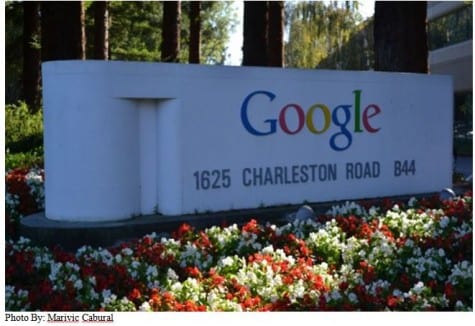Google Inc (NASDAQ:GOOGL) is presently working on a service by which one will be able to receive bills in his inbox and also pay through it – instead of going to a telecom or utility company’s website. This service is presently being called Pony Express – though it is expected that this would not be the final name.One can expect the service to begin in the fourth quarter of 2015.
Pony Express is one of the several endeavors of Google to collate all the information of the world and bring it to an online medium. There is another project called Google Books through which the company has been able to digitize around 30 million books.
With the help of this tool, Google can gain access to newer financial data that would in turn help the company to enter new business areas. For example, information related to credit card bills and payment history could help the company to venture into areas of personal finance or lending. Again, it would become possible to specifically target the right audience with the most appropriate advertisements on Google, YouTube and other associated websites. However, it is possible that it would raise few privacy concerns too. There is still no clarity about how Pony Express would help Google to generate benefits in terms of any revenue earned.
The company has provided for a detailed document which will guide the people as to how can one sign up for this service. A Gmail user will be required to provide his personal information such as name, address and Social Security number to a third-party company to enable verification of one’s identity. Further, in order to activate the payment, one might also be required to provide his full credit card number and telephone service account number.
The document also states that for the purpose of this service, Google is collaborating with various third-party vendors involved in printing and mailing out bills. The company may or may not directly get involved with the service providers themselves such as insurance companies, telecom companies and other utility providers.









